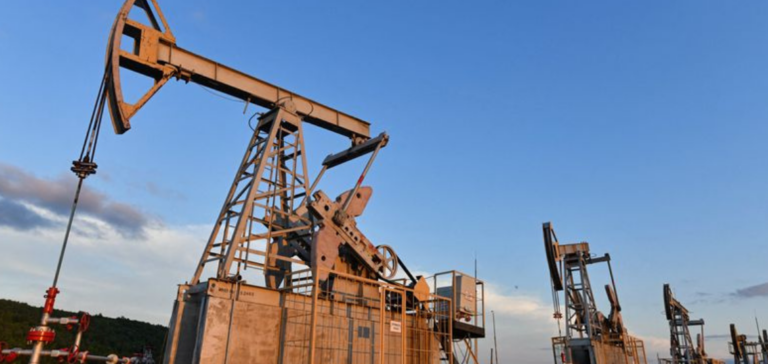The recent sanctions imposed by the US Treasury Department mark a new stage in the West’s economic strategy to limit Russia’s oil revenues, which are essential for financing its conflict in Ukraine. Three shipping companies based in the United Arab Emirates (U.A.E.), along with three of their vessels, are now subject to these punitive measures for transporting Russian oil sold above the price ceiling set by the world’s leading economies.
Russian Oil Price Cap and G7 Efforts
These sanctions, announced on November 16 by the Office of Foreign Assets Control (OFAC), specifically target Russian crude oil exports above the $60/barrel threshold. OFAC points out that the vessels involved used American services to transport this Russian-origin oil, a practice that contravenes the price cap prohibiting Western companies from providing services, including insurance, financing and transportation, for Russian maritime exports sold above this limit.
Implications and Objectives of Imposed Sanctions
This initiative is part of the efforts of the Group of Seven (G7), made up of the major industrialized economies – the UK, Canada, France, Germany, Italy, Japan and the USA – which imposed this price cap last year. In addition, this measure was designed to avoid a total ban on Russian sea oil, while maintaining the flow of this essential resource. Australia later joined the G7 in applying this cap.
Impact on Global Energy Market Stability
U.S. Treasury Deputy Secretary Wally Adeyemo said that companies and vessels involved in the Russian oil trade while using the services of Price Cap Coalition suppliers should clearly understand their responsibility for compliance. The US commitment is aimed at maintaining market stability while reducing the Kremlin’s profits from its illegal conflict, he added.
International scope and monitoring of trade flows
State Department spokesman Matthew Miller stressed that the price cap continues to limit the impact of the Russian war in Ukraine on global energy markets. Sanctions freeze all assets under US jurisdiction belonging to targeted entities, and generally prohibit Americans from doing business with them. The Emirati companies involved are Kazan Shipping Incorporated, Progress Shipping Company Limited, and Gallion Navigation Incorporated. The ships concerned are the Kazan, the Ligovsky Prospect and the NS Century.
By sanctioning these Emirati companies and ships for transporting Russian oil above the price cap, the US is reinforcing its strategy of limiting Russian revenues, while preserving the stability of the global energy market. This measure underlines the international commitment to the rigorous application of sanctions and greater control over trade flows in the context of the Ukrainian conflict.






















